Christianity
Events
-
-
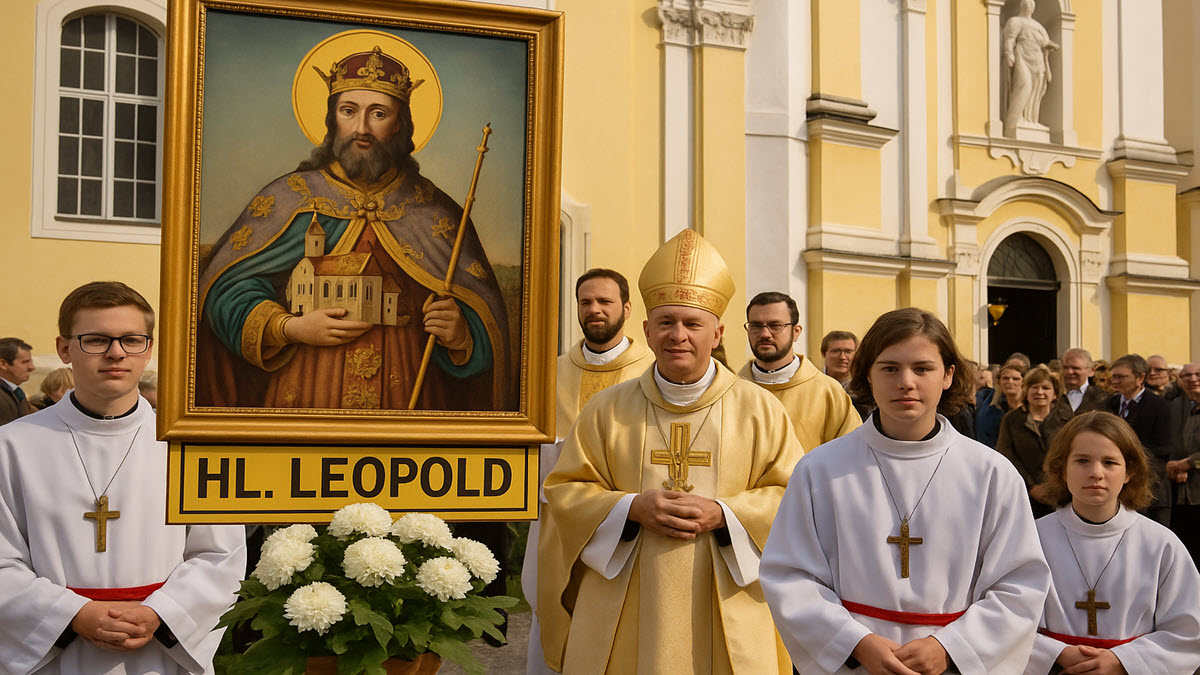
St. Leopold's Day (Austria)
St. Leopold’s Day in Lower Austria is both a religious feast and a regional celebration, reflecting centuries of devotion to the margrave who shaped Austria's early history. The day highlights Lower Austria’s pride in its patron saint and keeps alive traditions that date back to the Middle Ages.
-
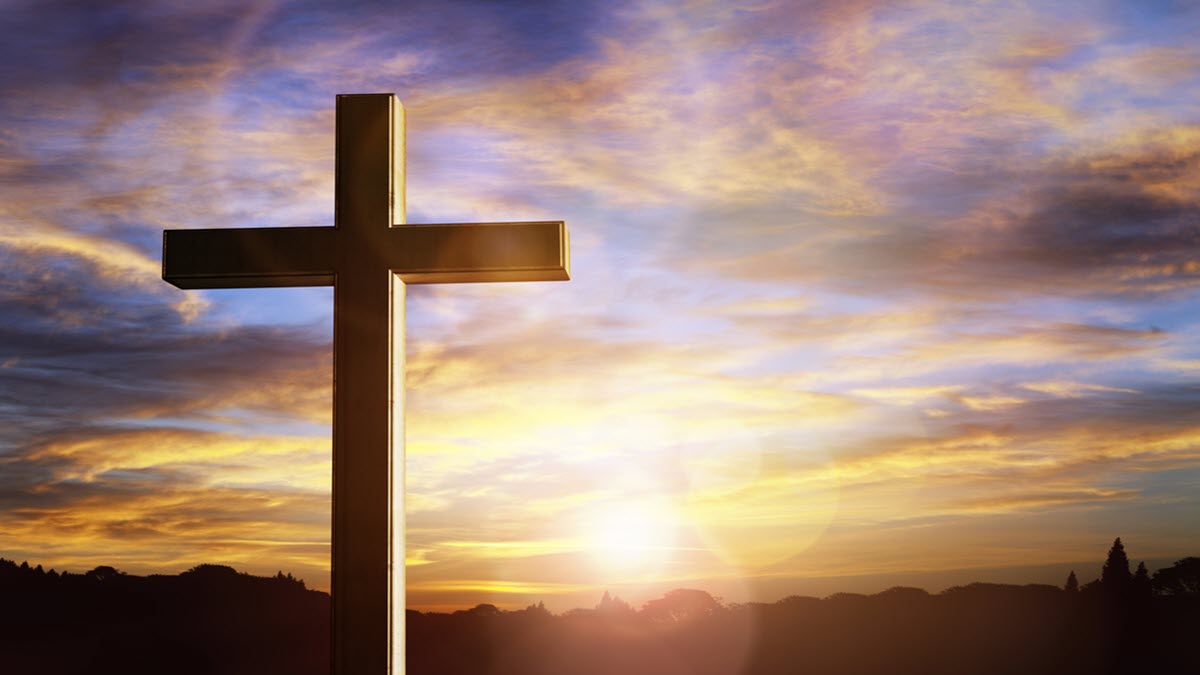
Repentance and Prayer Day
Repentance and Prayer Day is a Christian observance focused on personal reflection and repentance of sins. It has its roots in Christian teachings and has been recognized historically in various countries, particularly in Germany and parts of Europe.
-
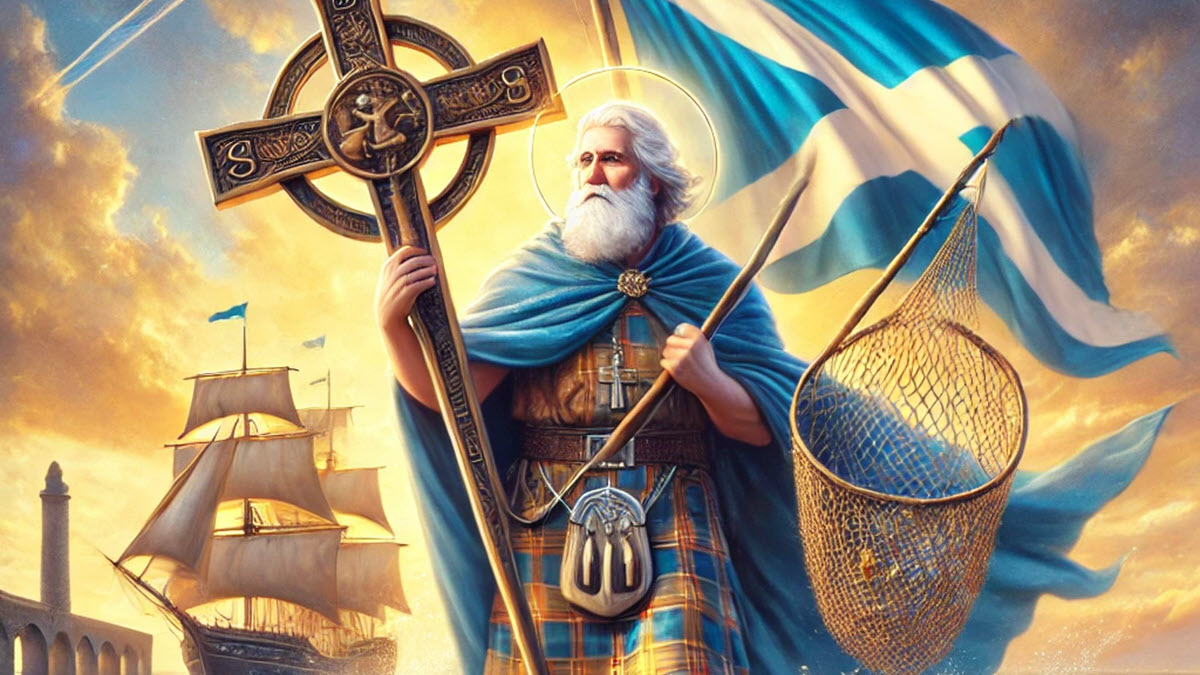
St. Andrew's Day
St. Andrew's Day honors St. Andrew, one of the twelve apostles of Jesus and the patron saint of Scotland, Greece, Russia and other countries. It is a day of religious observance and cultural celebration, especially in Scotland, where it is a national holiday.
-
-
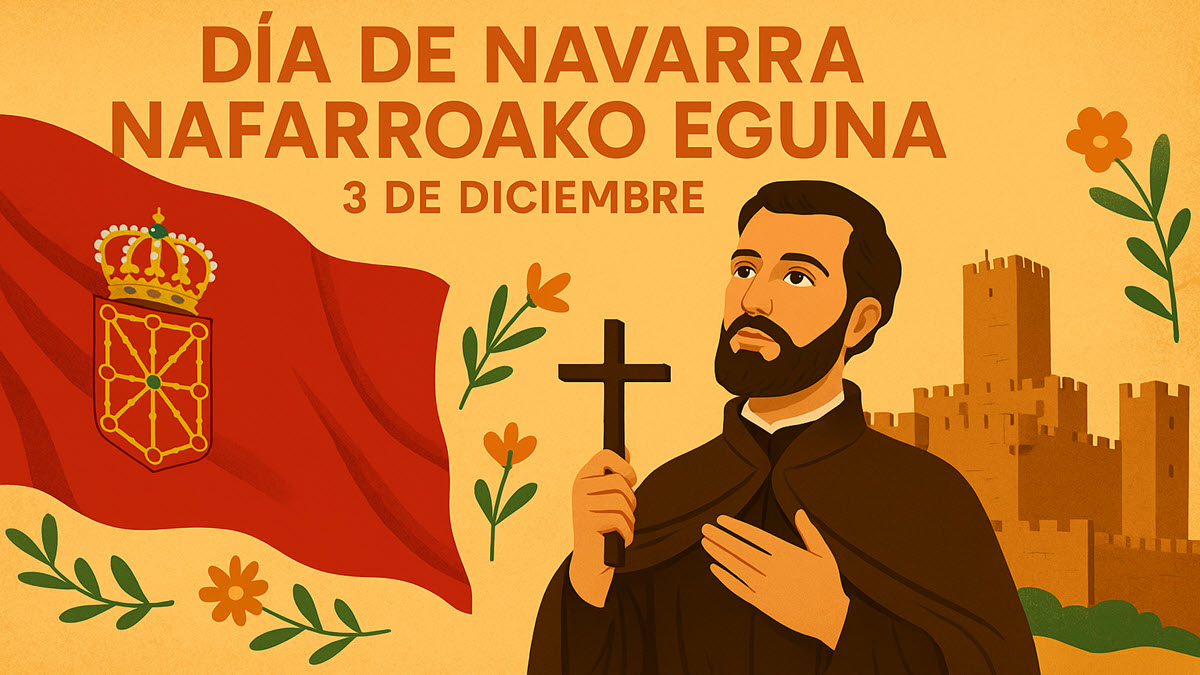
Day of Navarra
The Day of Navarra honors both the patron saint San Francisco Javier and the regional identity of Navarra within Spain. It combines religious devotion, cultural festivities, and institutional recognition of the region’s autonomy and heritage.
-
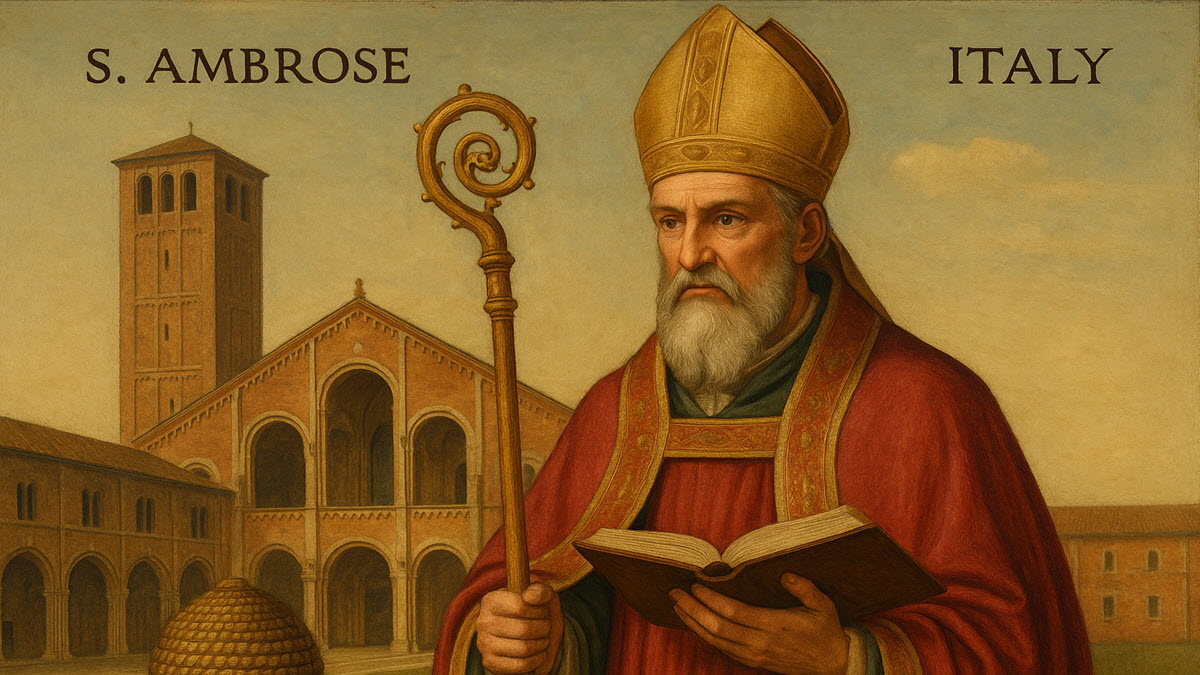
St. Ambrose (Italy)
St. Ambrose is the patron saint of Milan and one of the most influential figures in early Christianity. Serving as Bishop of Milan from 374 to 397 AD, he shaped the relationship between Church and State, inspired St. Augustine, and helped define Western Christian theology. His legacy endures through the Basilica di Sant'Ambrogio in Milan, a Romanesque masterpiece he founded, and the Ambrosian Rite, a unique liturgical tradition still practiced in parts of Italy today.
-
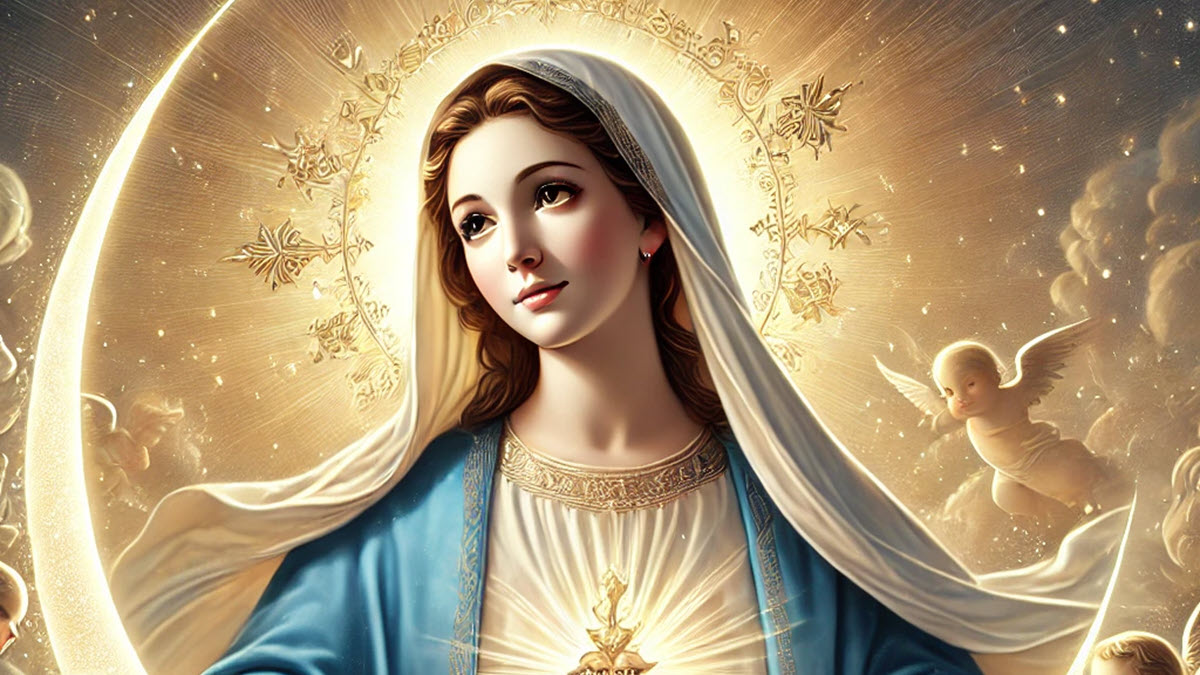
Immaculate Conception Day
Immaculate Conception Day is a major feast in the Catholic Church. It celebrates the belief that the Virgin Mary was conceived without original sin, a unique grace given by God to prepare her for her role as the Mother of Jesus Christ.
-
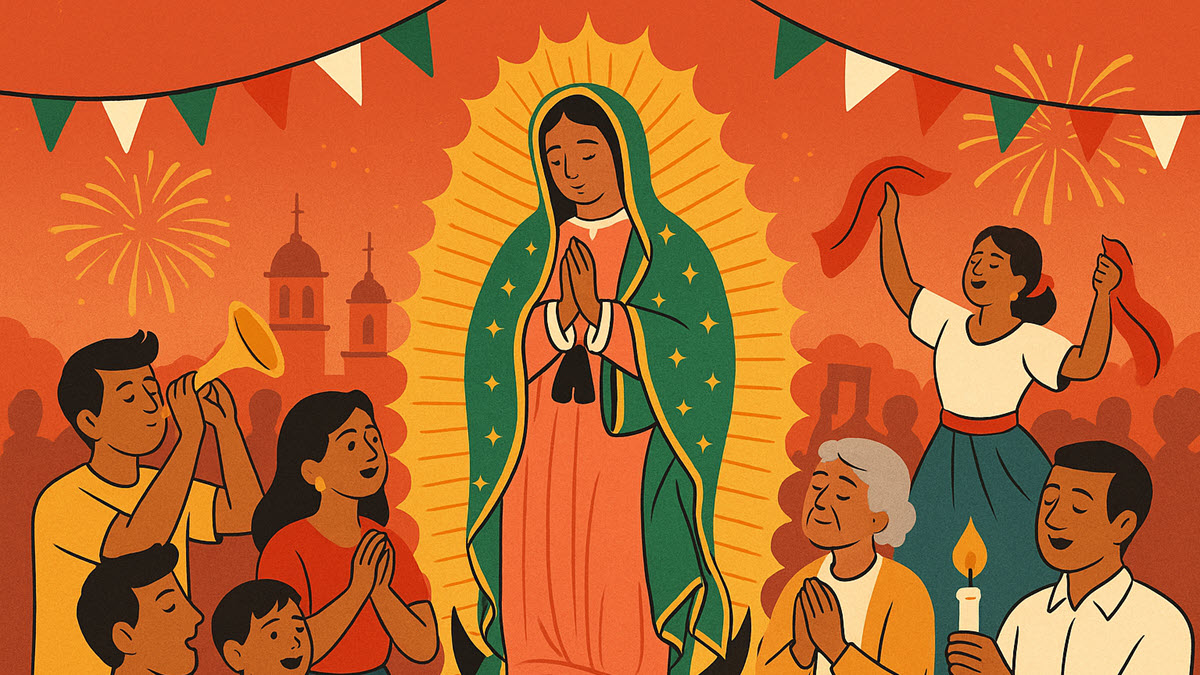
Day of Lady of Guadalupe
The Day of Our Lady of Guadalupe in Mexico honors Our Lady of Guadalupe, the patron saint of Mexico and a powerful symbol of faith, identity and national unity. The day commemorates the appearance of the Virgin Mary to Juan Diego, an Indigenous man, on Tepeyac Hill in 1531. According to tradition, Mary spoke to him in Nahuatl, his native language, and asked that a church be built in her honor. The miraculous image of the Virgin imprinted on his cloak became a revered relic.
-

Christmas Eve
Christmas Eve is the evening or entire day preceding Christmas Day, which commemorates the birth of Jesus Christ. It is a public holiday in some countries, and it holds significant religious and cultural importance for Christians and is widely observed around the world.
-

Christmas Day
Christmas Day is one of the most widely observed and culturally significant holidays around the world. It traditionally commemorates the birth of Jesus Christ, although it has also become a widely celebrated cultural holiday, often observed even by non-Christians.
-

Boxing Day
Boxing Day is a holiday celebrated after Christmas Day, and it is a well-known holiday primarily celebrated in the United Kingdom and other countries that were part of the British Empire, as well as in some European nations.
-
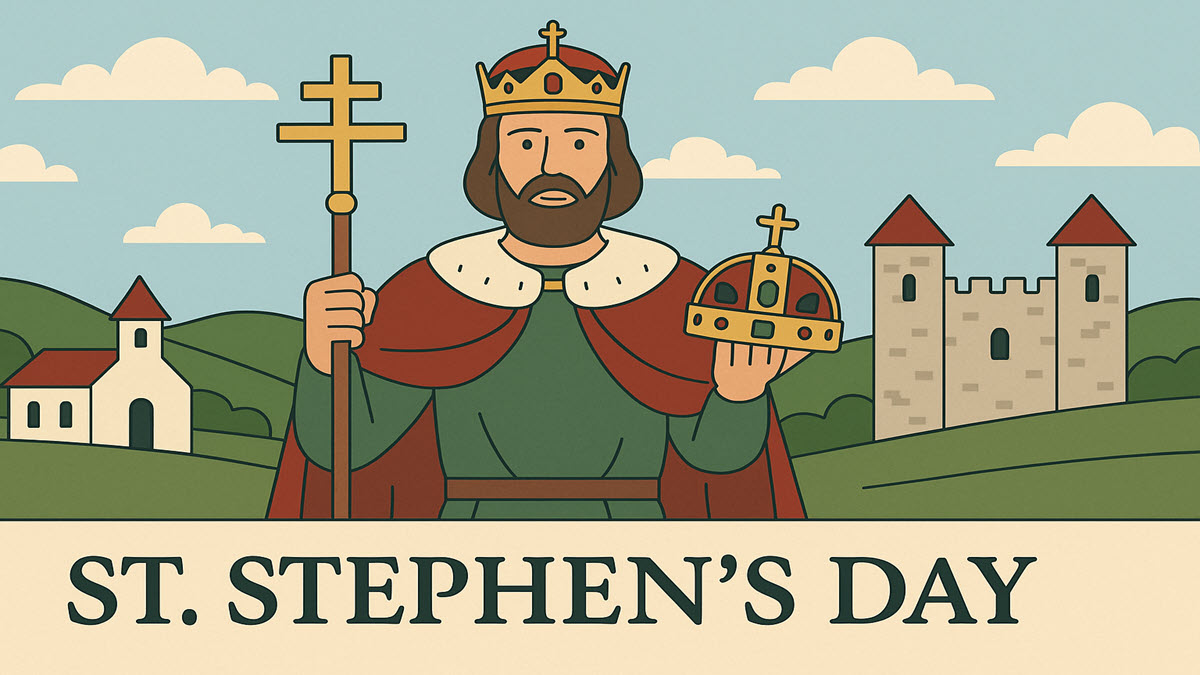
St. Stephen's Day
St. Stephen’s Day is a Christian feast day immediately following Christmas Day. It honors St. Stephen, recognized as the first Christian martyr (also called the Protomartyr).
-

New Year's Eve
New Year's Eve marks the final day of the Gregorian calendar year and is a significant occasion for many people around the world. It's a time to reflect on the past year and welcome the beginning of a new one.